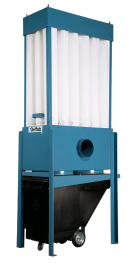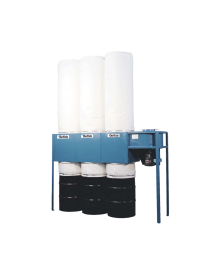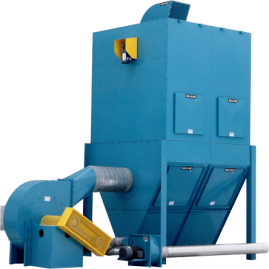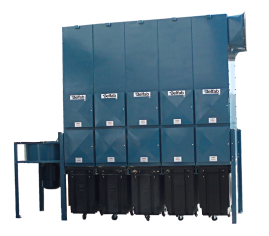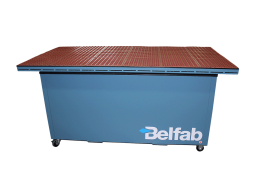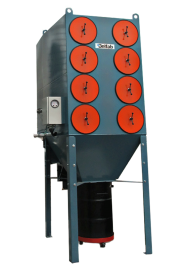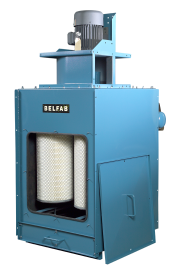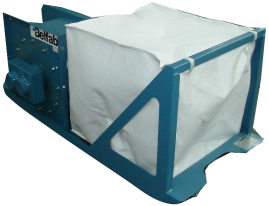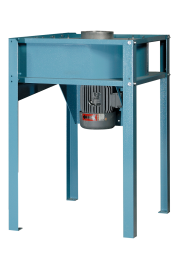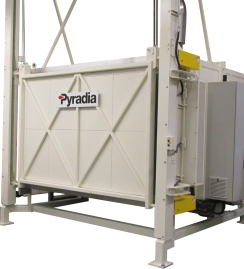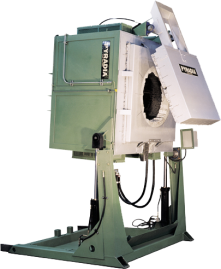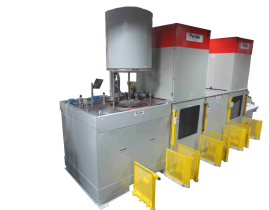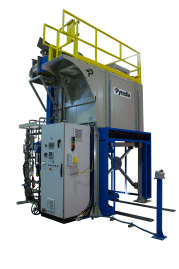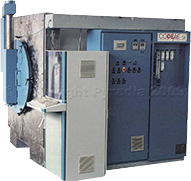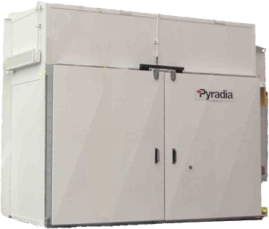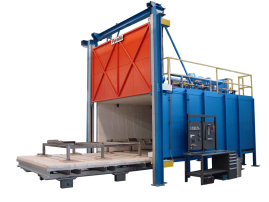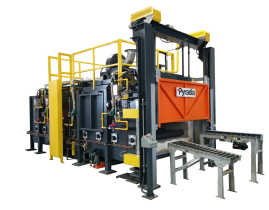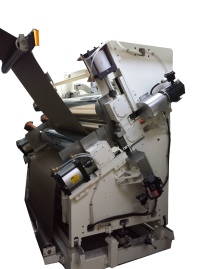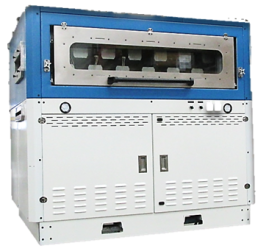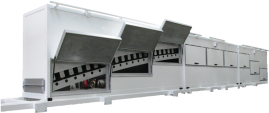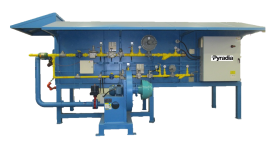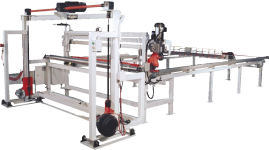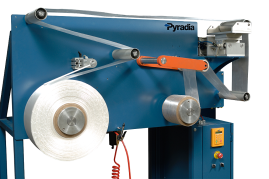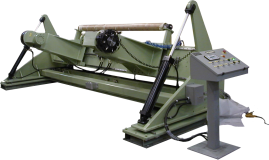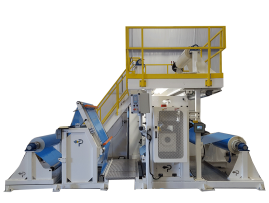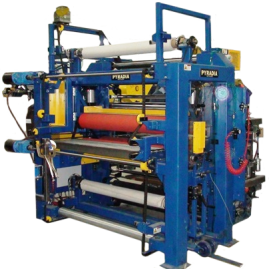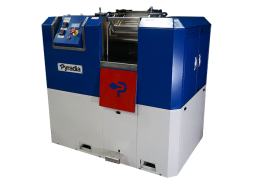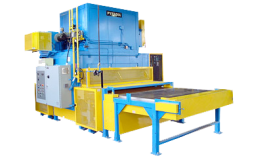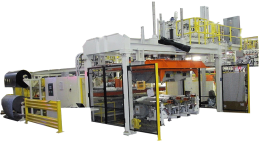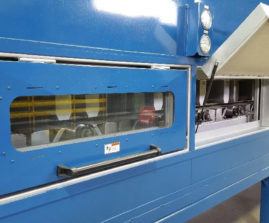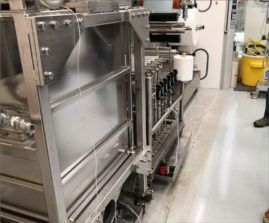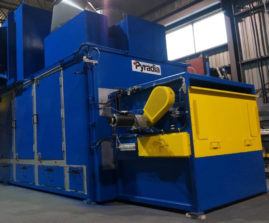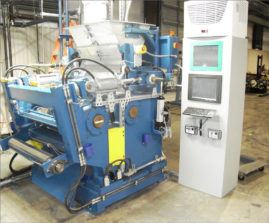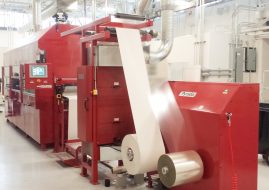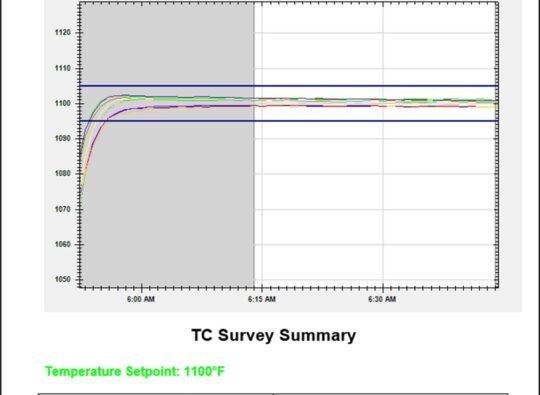The specific AMS 2750 and CQI-9 standards play a crucial role in quality and safety in the aerospace and automotive industries. Why are they so important in both these sectors?
Aerospace industry: AMS 2750
For consistency, reliability and traceability
AMS 2750 ensures consistency by setting standards for the calibration and temperature uniformity of heat treatment equipment. Heat treatment is essential for the reliability of aerospace materials and components, as variations can affect their properties. The standard also emphasizes measurement and calibration traceability. Indeed, it is vital to document the source and history of materials to monitor their safety and quality.
For industry compliance and risk mitigation
Many original equipment manufacturers (OEMs) and regulatory bodies require AMS 2750 compliance to meet current industry standards. Compliance with this standard helps reduce the risk of defects, failures or performance problems in critical aerospace components, ensuring aircraft safety and reliability.
The automotive industry: CQI-9
For quality control
The Automotive Industry Action Group (AIAG) developed the CQI-9 standard, which provides guidelines for evaluating and controlling automotive industry heat treatment systems.Automotive components, especially those related to safety and performance, depend on the precise heat treatment process. CQI-9 guarantees that these processes meet strict quality control requirements.
For supply chain consistency
The CQI-9 standard also helps maintain automotive supply chain consistency, ensuring that parts and components from different suppliers comply with the same high safety and performance standards.
To reduce defects and failures
Heat treatment is a critical process in the automotive industry, influencing the mechanical properties of materials. Compliance with CQI-9 helps reduce the risk of defects and failures, contributing to overall vehicle reliability and safety.
For compliance
Many automotive manufacturers and suppliers require CQI-9 compliance as part of their quality assurance and supplier qualification processes. Compliance with these standards is often a contractual requirement.
In short, compliance with AMS 2750 and CQI-9 is essential in the aerospace and automotive industries, helping to maintain a reliable, high-quality manufacturing process. These standards help mitigate risks, meet regulatory requirements and improve the overall safety and performance of products in these sectors.


